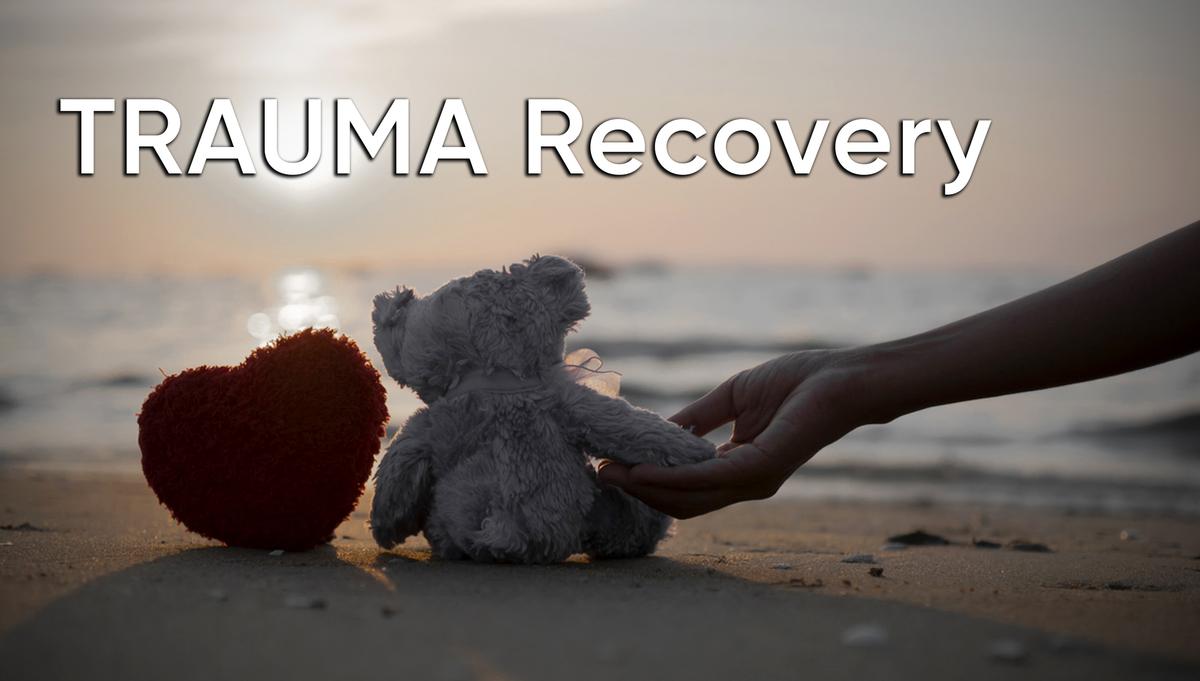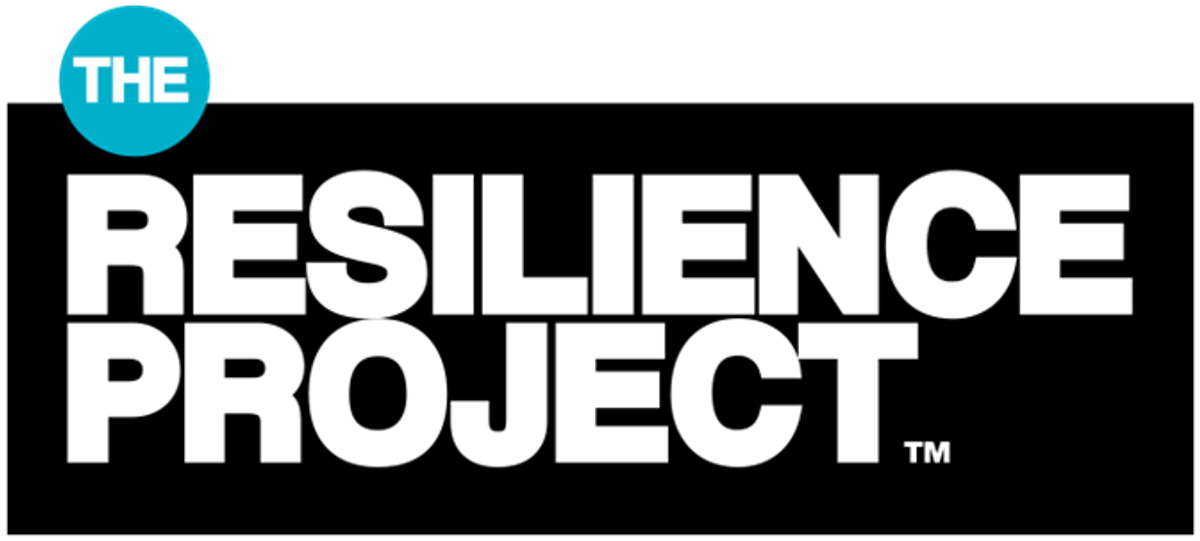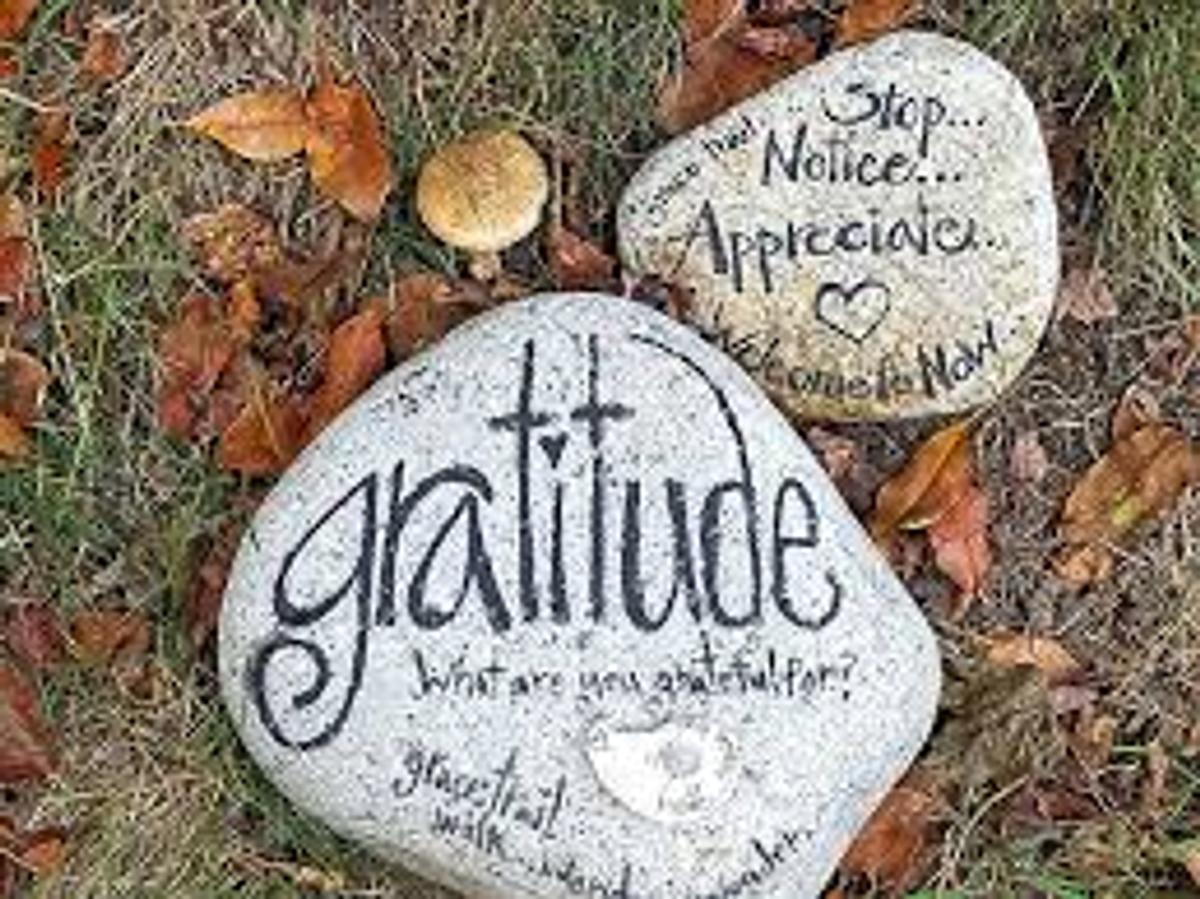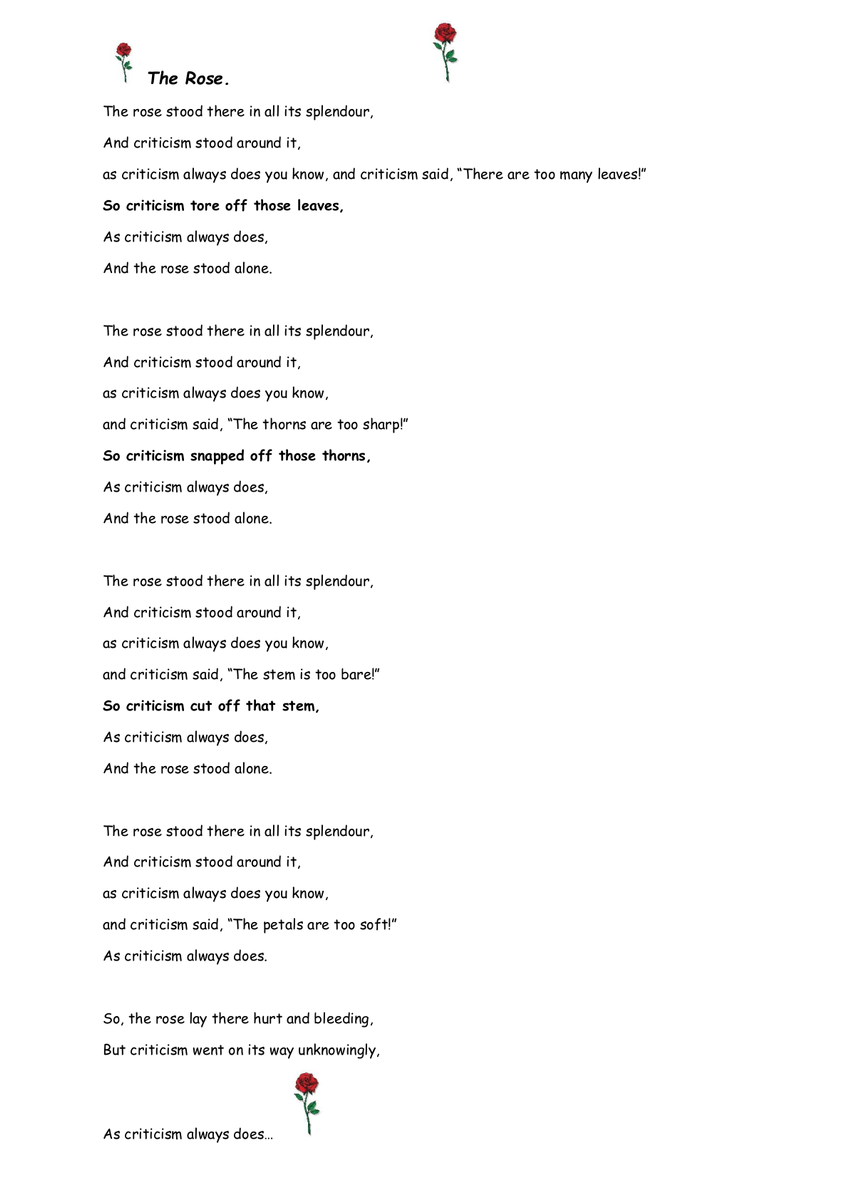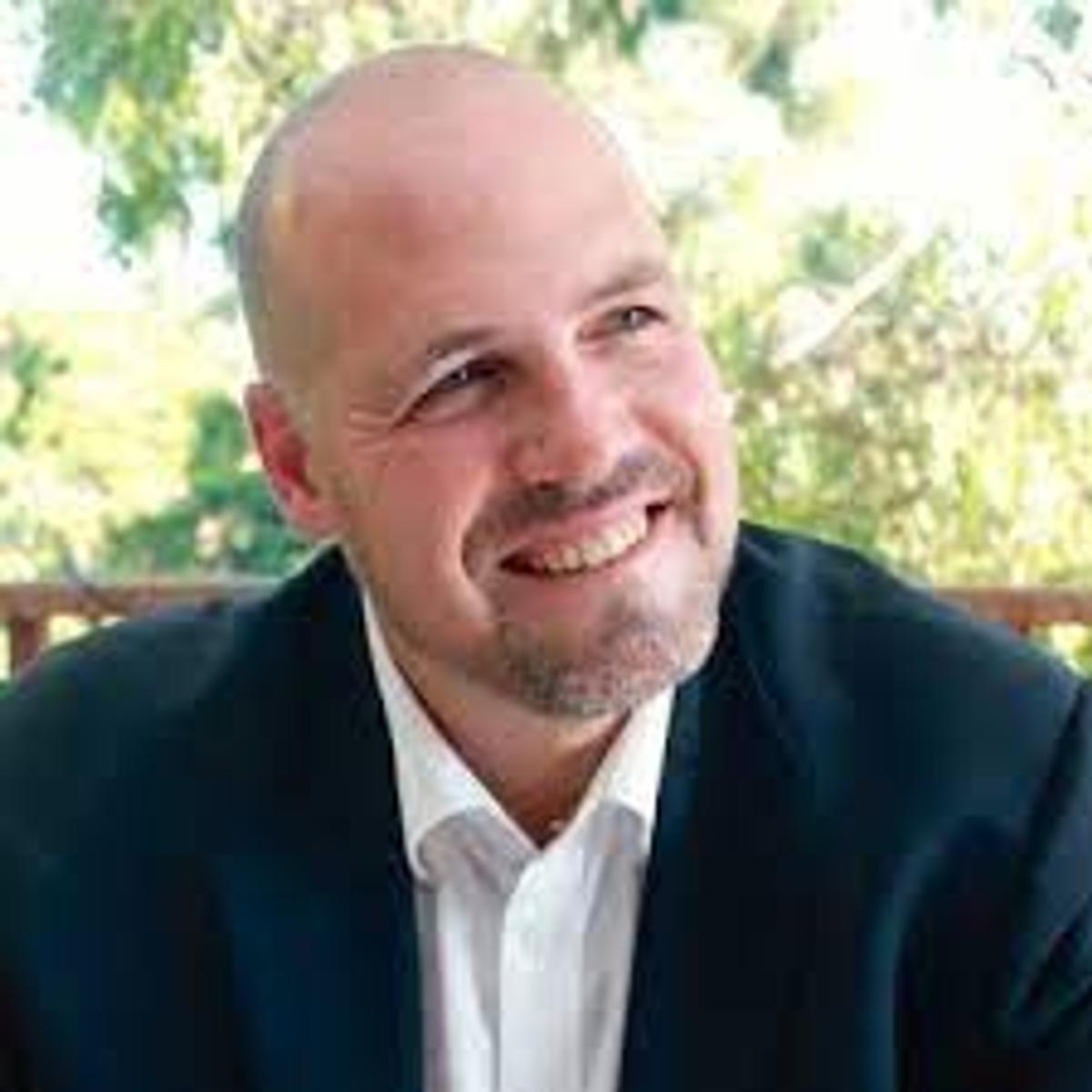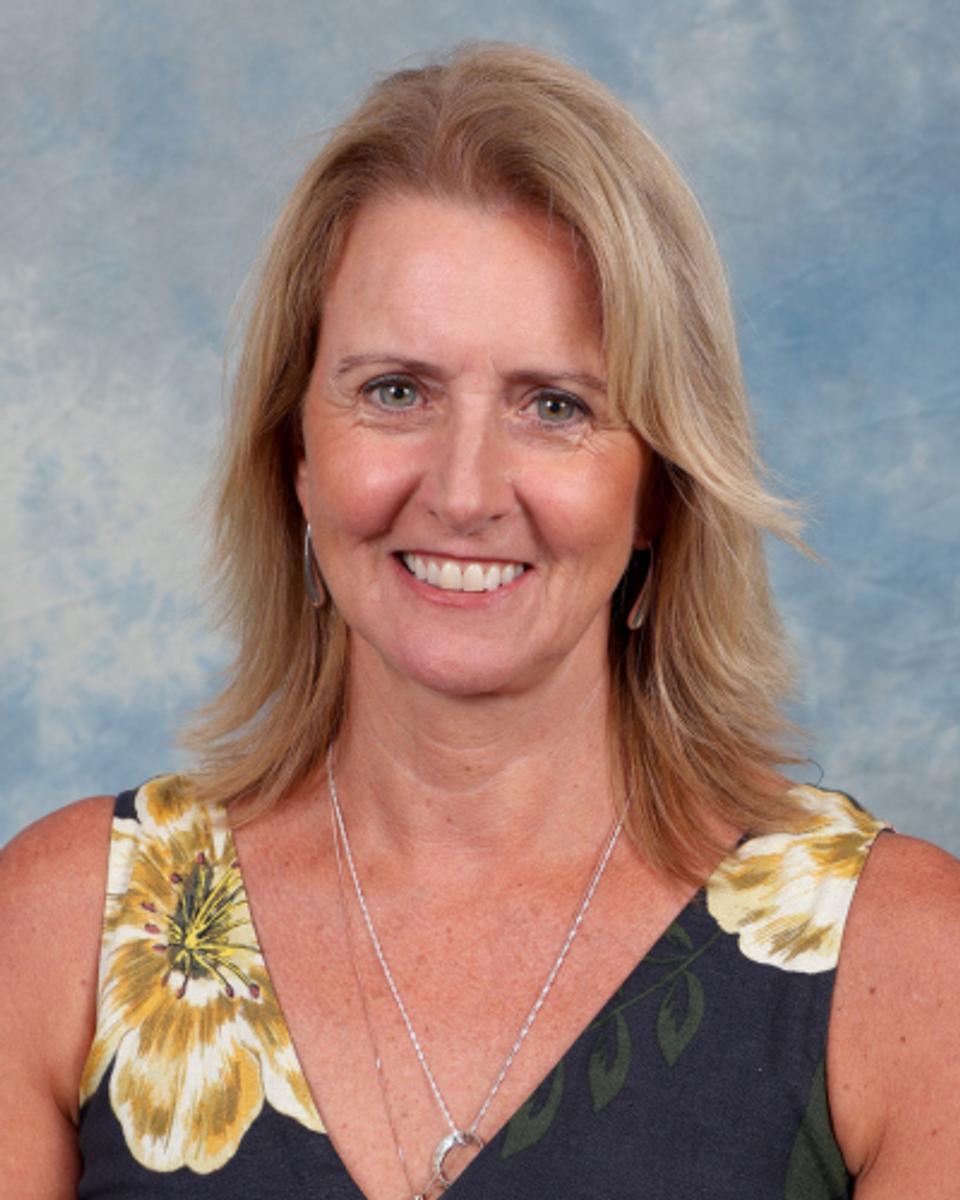Wellbeing Report

Trauma Recovery
There has certainly been many concerning events both locally and abroad which are causing our young people significant anxiety and distress. We are constantly being subjected to devastating reports and visual images of violent incidents through media coverage and social media feeds.
Trauma in children significantly disturbs their sense of safety and normalcy, leading to substantial emotional and behavioural changes. Such disturbances often result from exposure to these traumatic events, which may be exacerbated by continuous media coverage.
This exposure can trigger stress, anxiety, and trauma, with varying recovery timelines due to the unpredictable nature of trauma's impact. Observing young people grappling with these effects can be highly distressing for parents and caregivers.
It's important to establish a nurturing environment to help restore a child's sense of security to help promote resilience. Active involvement in their recovery is essential, as is recognising the unique, personalised needs of each child in responding to trauma. Depending on their age, children may present with different symptoms, such as regressive behaviours in younger ones or withdrawal and agitation in older children and teens. It is important to monitor and manage the type of information children may access to reduce their emotional distress.
The brain stores traumatic events as powerful emotional memories, influencing behaviour through mechanisms beyond a child's conscious awareness. By providing young people with support and equipping them with coping mechanisms to handle uncertainty, parents and carers can greatly enhance a child's capacity to recover and build long-term emotional resilience.
Our Parent Wellbeing Website SchoolTV has a Special Report that will help you identify a child experiencing trauma and give you advice to equip you to support them to overcome it.
Here is the link to your Special Report: https://nazareth.vic.schooltv.me/wellbeing_news/special-report-trauma-recovery
If you have significant concerns about the anxiety level of your child and would like support, please reach out to your child’s pastoral teacher.
The eSafety Commissioner has so many valuable resources for children and parents. They have produced material to assist you with vital information in this area:
https://www.esafety.gov.au/key-topics/illegal-restricted-content/distressing-content
As mentioned in the last newsletter, this year we are partnering with The Resilience Project.
This week’s presentation from The Resilience Project focuses on Gratitude.
Gratitude is paying attention to the things that we have right now, and not worrying about what we don’t have. We practise this by noticing the positives that exist around us.
Research shows that practicing gratitude rewires our brains to overcome the negativity bias (which can lead to anxiety and depression) and see the world for what we are thankful for. It is also shown to broaden thinking, and increase physical health through improved sleep and attitude to exercise.
When we practise being grateful, we start to scan the world to look for positives – this only takes 21 days! Practising gratitude every day increases our levels of energy, and helps us to feel happier and more focused, determined and optimistic. It even helps us have better sleep, lowers levels of anxiety and depression and we are less likely to get sick. So many benefits – let’s all try to be grateful for the things and people in our lives every day!
View Part 2 of the series here:
Part 2 - Gratitude: https://theresilienceproject.com.au/2023-parent-carer-hub-inspire-hugh/
There are many ways in which you can practise gratitude, including starting a gratitude journal. You can simply use a notebook to list three things that went well for you each day or use a more comprehensive Wellbeing Journal, like those created by The Resilience Project.
For mental health resources and support information, visit The Resilience Project’s Support Page.
Whole Family Gratitude Activity:
Gratitude Scavenger Hunt
- As a family create a scavenger hunt list of things that make you happy or you are grateful for, you can make your own list or use the examples below:
- Something that makes you happy
- Something you love to smell
- Something you enjoy looking at
- Something that is your favourite colour
- Something you like in nature
- Something that is useful for you
- Each member of the family uses the list and has to find as many things as they can.
- You can hunt for things inside or outside, or both. You can hunt for real things, or you can also do this using magazines or pictures from the internet.
- After a set amount of time hunting, come back together, have a look at what each person collected and let them explain why they are grateful for each item.
Family Habit Builder:
Every night at dinner, have each person talk about their favourite thing about that day.
A reminder to check out their website for more information:
And check out TRP@HOME; a place filled with inspiration and activities for the whole family, to help improve your wellbeing and build resilience.
In Search of Beauty – Year 9 Incursion
Last week during our Extended Pastoral program our Year 9 students had an incursion on finding ‘the beauty within’, facilitated by Steve and Annie Lawrence. With our young people being bombarded daily by unrealistic beauty stereotypes and body images, Annie’s presentation on ‘In Search of Beauty’ seeks to expose these distortions and show where true beauty lies.
Annie led the girls through her idea of a beauty treatment – the ‘beauty challenge’:
Annie also instilled in the girls the power of words, to build up or cut down. She powerfully presenting the following poem ‘The Rose’, visually showing the rose being torn apart by the personification of ‘criticism’.
Please have a read of this beautiful short poem here:
Meanwhile, Steve took the boys on an inspiring journey of self-reflection with compelling personal anecdotes of his life as an AFL player, husband, father of six children, educator and world adventurer. As a man of deep faith and spirituality, he encouraged the young men to be resilient and respectful, having courage to stand up for their beliefs, and encouraging good people to become great.
Ms Jackie Kol
Director of Wellbeing

